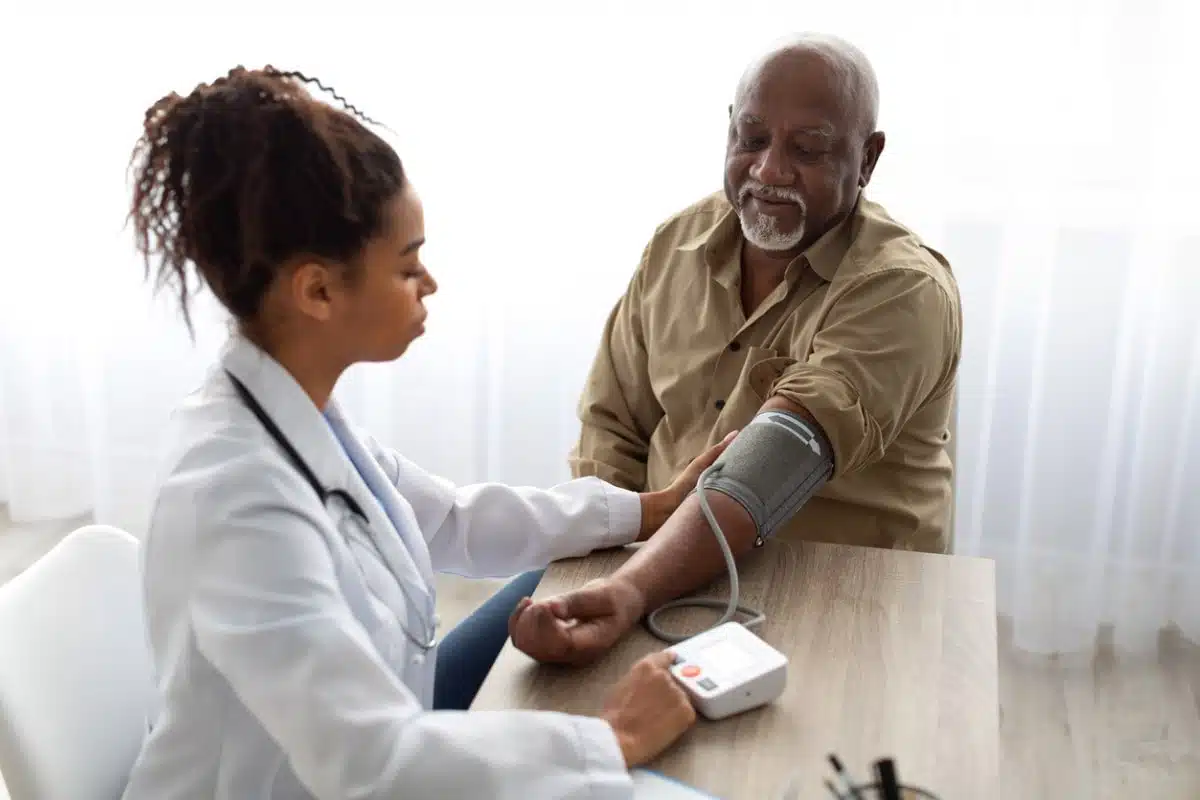On January 15th, Minister of Employment, Workforce Development and Official Languages, Randy Boissonnault, announced $86 million in funding to 15 organizations across Canada.
The funding will go towards speeding up the accreditation for internationally educated health professionals (IEHP), since long wait times and difficulty finding a family physician are increasingly common issues across the country.
The support will increase capacity for foreign credential recognition of approximately 6600 IEHPs and will help educated and skilled immigrants get proper recognition for their international credentials.
The 15 funded projects across Canada will:
- Reduce barriers to foreign credential recognition for IEHPs by improving recognition processes, simplifying steps in credential recognition, and offering increased access to practice in the field.
- Provide IEHPs with relevant Canadian work experience in their intended fields, while incorporating other supports such as childcare and transportation costs, as well as mentoring and coaching.
- Facilitate labour mobility between jurisdictions in Canada for health professionals and IEHPs to reduce the barriers for health professionals who wish to work in another jurisdiction in Canada.
This announcement comes after a commitment was made in October 2023 at the Health Minister’s Meeting, where the Canadian government pledged to take concrete actions to address the challenges faced by the healthcare workforce in Canada.
The funding will go towards key healthcare occupations such as nursing, pharmacy, dentistry, laboratory technicians and respiratory therapy.
“Honouring the professional credentials of newcomers is a compassionate and effective component of expanding Canada’s workforce. The Foreign Credentials Recognition speeds up the accreditation for 6600 people, and is not only the right thing to do, but one of the best ways we can fill labour gaps, strengthen our healthcare system and grow our economy” said Boissonnault.
Canada’s healthcare sector
With immigration expected to reach record high levels in the coming years, it is important that newcomers can fully use their skills, experience, and talents.
Last year, Immigration, Refugees and Citizenship Canada (IRCC) launched category-based draws. Healthcare occupations are one of the five categories of occupations chosen by IRCC to prioritize through Express Entry draws. Healthcare occupations were chosen due to the fact that Canada has been facing a chronic shortage of healthcare workers.
The healthcare sector has continued to experience high job vacancies. In the second quarter of 2023, a total of 90,000 positions in healthcare occupations remained unfilled.
According to data from IRCC, 36% of physicians and 25% of registered nurses in Canada were born outside the country. Foreign trained medical professionals have found it difficult to get proper licensing in Canada.
Budget 2022 announcement $115 million over five years starting in 2022-2023 and $30 million ongoing for the Foreign Credential Recognition Program. The Foreign Credential Recognition Program works with provinces, territories, regulatory bodies and other organizations by funding projects that support efficient and faster credential recognition system.
These investments complement other Government of Canada funding that go towards supporting newcomers. The Settlement Program, managed by IRCC, helps newcomers settle and adapt to life in Canada. Part of these services are employment related and help with foreign credential recognition.

